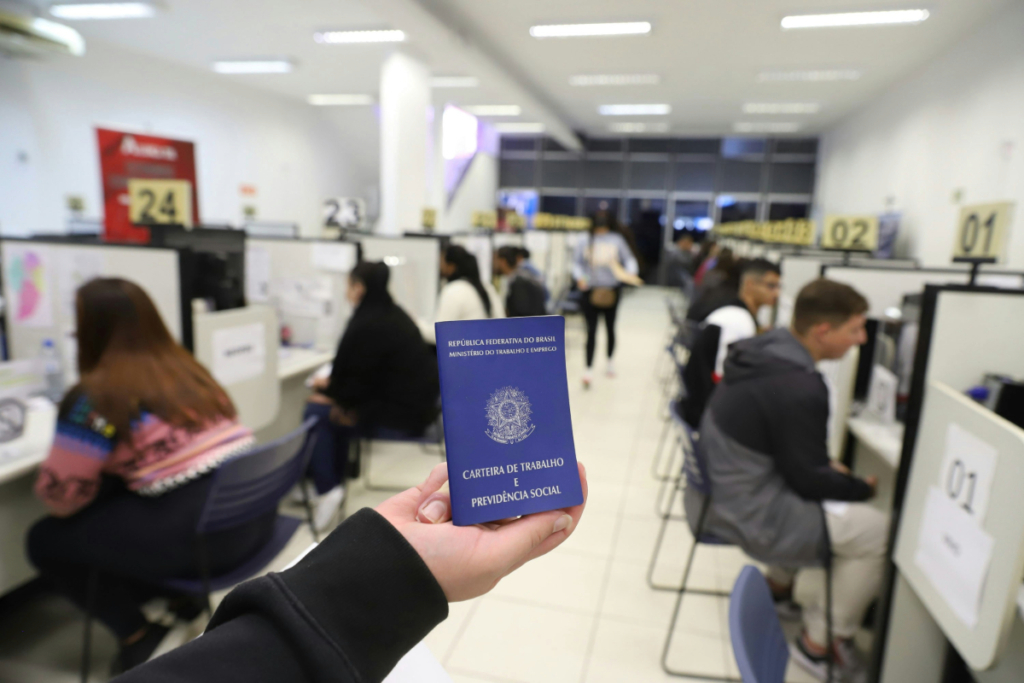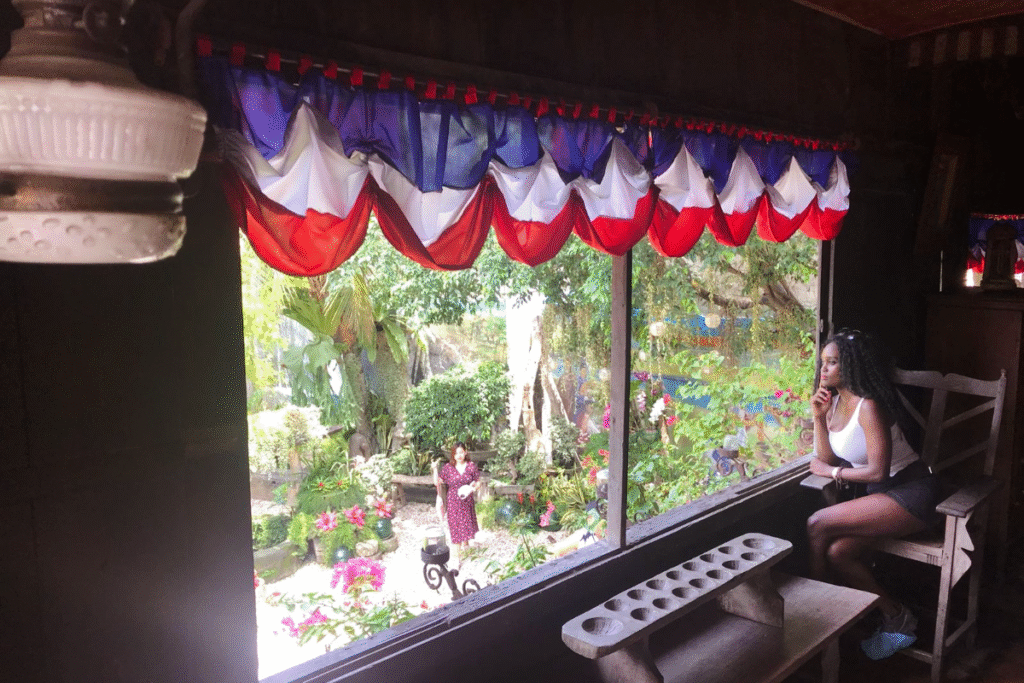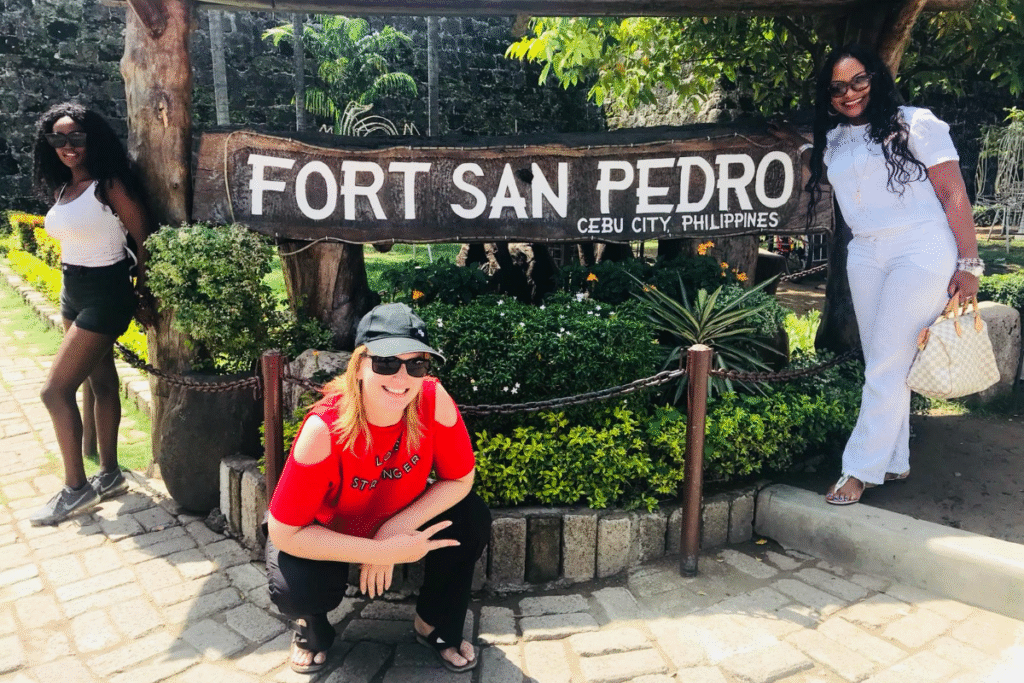If you’ve ever tried living abroad with what’s generally considered a “third world passport”, you know the world doesn’t just open up to you like that. In fact, it mostly closes in. And by living abroad, I don’t mean moving from Kenya to Uganda or Zimbabwe to Ghana. I mean crossing high-barrier borders. Like relocating from Nigeria to the United States. Or from Ghana to Germany, where your passport becomes the first hurdle. Unlike our friends from countries like Australia or Canada—whose passports open doors with little resistance—we (third-worlders) often face visa lotteries, interrogations, and the constant burden of proof. Because no matter how educated, employed, or well-travelled you are, your passport colour often speaks louder than your credentials.
So, for many of us born in the “poor” Global South, moving countries isn’t just a matter of desire or ambition. It’s a high-stakes negotiation with bureaucracies, embassies, and outdated systems that often view your freedom as a threat. Understand this, your third-world passport is not just challenging, it’s also emotionally draining, financially punishing, and, at times, quietly dehumanising. But hey!
The Illusion of Global Citizenship

Social media romanticises a world where borders are optional. Just book a flight, they say. Show up. Start over. But for anyone living abroad with a third-world passport, nothing is ever that simple. Your movement depends not on your means, but on how the world views your nationality.
After a while, you become intimately familiar with embassy websites. You scan forums for loopholes. You carry folders full of supporting documents like a student defending a thesis. You’re not just applying for a visa, you’re applying to be trusted.
And sometimes, despite your best efforts, that trust is denied (Hello, Canada 2013! I am still a bit bitter). Not because you’ve done anything wrong, but because of where you were born.
Even a Weekend Break Feels Impossible
Let’s talk about the day-to-day realities that people never mention. Living in London with a third-world passport sounds glamorous. Until you try planning a spontaneous weekend in Spain! Or a trip to Portugal.
Getting a Schengen visa appointment can take weeks, sometimes months. The online system is often booked solid, and when slots do open, they vanish in seconds. If you do secure an appointment, you enter a mountain of admin: confirmed accommodation, travel insurance, employment letters, proof of income, copies of previous visas. And all of it, printed. Yes, even the digital stuff.
You sit at the VFS visa centre, clutching your booklet of paperwork like everyone else. And still, there’s a good chance someone behind the glass will say, “We need printed copies of all your past visas too.” The irony of it all? Many of these countries also pride themselves on being champions of environmental sustainability.

And then there’s the money. Visa fees, service charges, courier costs, translations, notary fees—the expenses stack up fast. All of this just to maybe visit another country for a few days. For others, travel is a joy. For us, it’s an exhausting bureaucratic marathon.
What really gets to me is how I’ve been travelling back and forth to the Schengen area for the last five years. Every single year, it’s the same exhausting routine — prepping endless paperwork, hunting for visa appointments like it’s some impossible treasure hunt, and paying more fees than I care to count. It’s actually funny and ridiculous to see everyone there with these thick booklets of documents. We’re all just lugging around the same paperwork year after year, hoping nothing’s missing.
After my latest visa run, I told my partner Franco, “You know what, honey? That’s it for me. I’m tired of all this anxiety-inducing process. From next year, we need to focus more on travelling to places where, as a Kenyan, I can visit visa-free.” Whether that means a beach holiday in the Maldives or Mauritius, or exploring cities like Malaysia, Singapore, or Indonesia, it just feels so much easier. No more jumping through endless hoops just to enjoy a simple trip. Honestly, it’s exhausting having to fight for the freedom to travel like everyone else.
Single, Female, and Still “High Risk”
Now add one more layer: gender. If you’re a single woman of working age living abroad with a third-world passport, prepare to be scrutinised. They see you as “high risk.” Independent, child-free, and mobile? That’s a red flag. (I can’t speak for ingle men though.)
And news flash: even if you’ve been in a committed relationship for years, unless you’re legally married, most immigration systems still consider you single. So don’t flatter yourself thinking love is enough to get you through passport control. It’s not. You could have joint bills, a shared lease, even matching tattoos, BUT, if there’s no marriage certificate? You’re on your own love. Literally.
Again, this reality hits hard when applying for visas or residency. You may be financially secure, emotionally stable, and professionally accomplished, but embassies and consulates still treat your freedom with suspicion. The implication is clear: you might overstay, get married for papers, or “disappear.”
Even with your paperwork perfectly in place, rejection can come simply because you’re single. It’s maddening. Because in these systems, the very independence you fight for is used against you.
That’s why I’ll always give credit where it’s due: the UK recognising long-term, unmarried partnerships after two years of cohabitation is one small but meaningful exception. It allows people in modern relationships to be seen as more than just “single.” But elsewhere? Good luck. You’re not married, so you’re a risk.
Always a Foreigner, Even When You “Make It”

Let’s say you do manage to relocate. You secure a job, a residence permit, maybe even temporary leave to remain. Congratulations—except you never quite feel secure. Living abroad with a third-world passport often means living with a subtle but persistent anxiety.
Will I be allowed back in if I visit home?
And the visa rules; will they change again next year?
If they do, will I have to start over?
You carry that uncertainty like a second skin.
There’s always something to prove. Your job, your income, your housing, your relationship—all must be documented, verified, and updated. You’re made to feel like a guest in a home you help pay for.
And then there’s the profiling. At airports, borders, and even in social settings, the question lingers: “Where are you from originally?” It’s rarely about curiosity—it’s about classification. (And in most cases, understandably so.)
The Emotional Cost of Constantly Proving Yourself
To employers: Yes, I have the right to work here.
With landlords: Yes, I can rent legally.
To officials: No, I’m not here illegally.
The emotional labour is relentless. Every application, every border crossing, every renewal comes with the risk of rejection, not based on your character, but your passport.
The Emotional Cost
We don’t often talk about the mental and emotional toll. The missed birthdays, funerals, and weddings because the visa didn’t come through. You end up straining friendships when you’re the one who couldn’t—or didn’t—make it. This is the stress of building a life in a system designed to make you feel temporary.
You start to internalise the grind. To constantly prepare for rejection. To second-guess whether your dreams are too big for someone with your kind of passport.
It wears you down. And still, if you learn to be resilient, you push on.

The Strength You Build
There’s a kind of strength that grows in this struggle. In the end, you learn how to fight for your place. You become hyper-organised, emotionally strong-er, and incredibly resourceful. You know how to “outsmart” bureaucracy, charm border agents, and find community wherever you land.
That said, living away from home in a foreign land, yes, may limit your movement, but it also expands your empathy. You form deep, meaningful friendships with others in the same boat. You understand the value of access and never take it for granted.
And you dream anyway. That, in itself, is resistance.
What I Think Needs to Change
We need to stop calling certain passports “third world” and start talking honestly about passport privilege. The hierarchy of global mobility is a direct reflection of colonial legacy, systemic racism, and global inequality.
We need smarter, more humane immigration systems, one that treats applicants as individuals, not probabilities. We need a shift in mindset, from suspicion to compassion.
And above all, we need more stories like this. Because for every person who is quietly navigating the pain and politics of global movement, there are a dozen others who don’t yet have the words (or the platform) to speak it out loud.
If you’re living abroad with a third-world passport, you are not alone. Your presence matters. Your story matters. And your dreams are valid—even if the system makes you work three times harder for them.
Still, it’s not all bad news. The challenges can shape you in unexpected, powerful ways. I shared more of that journey in Challenges of Living Abroad and the Lessons They’ve Taught Me, because sometimes, the struggle also teaches you exactly who you are becoming.


